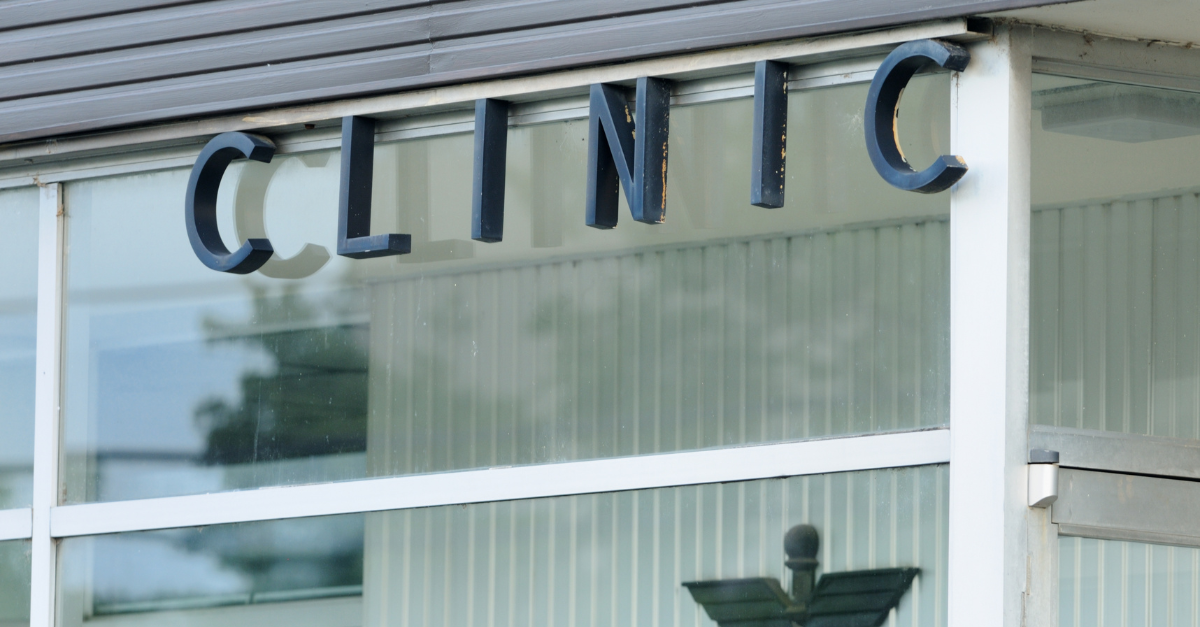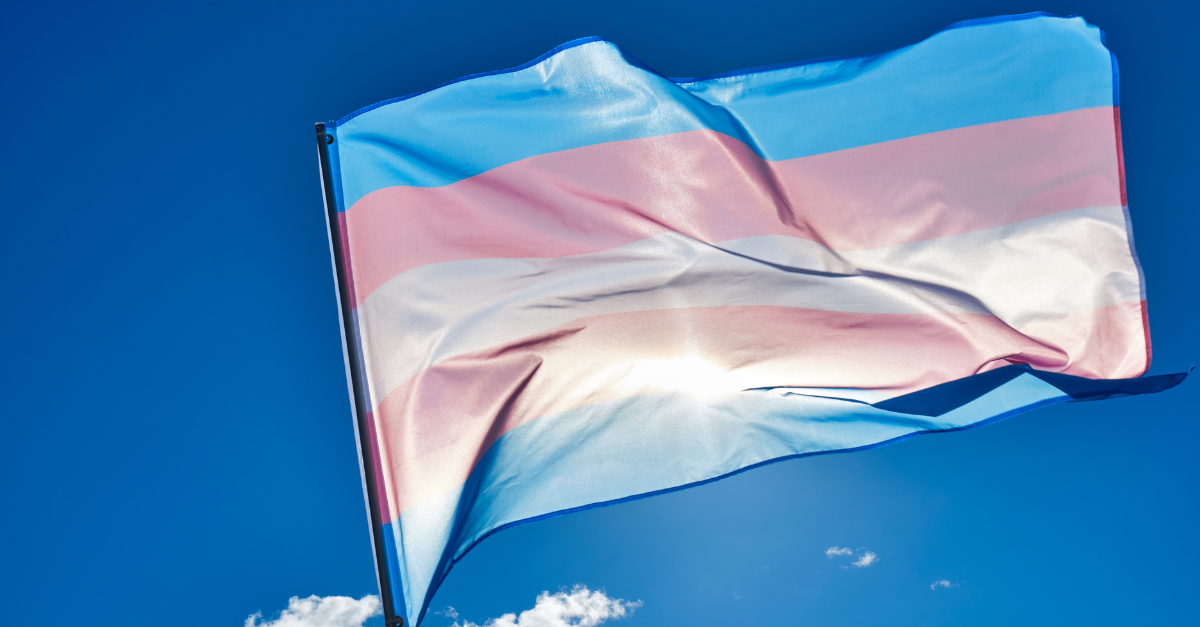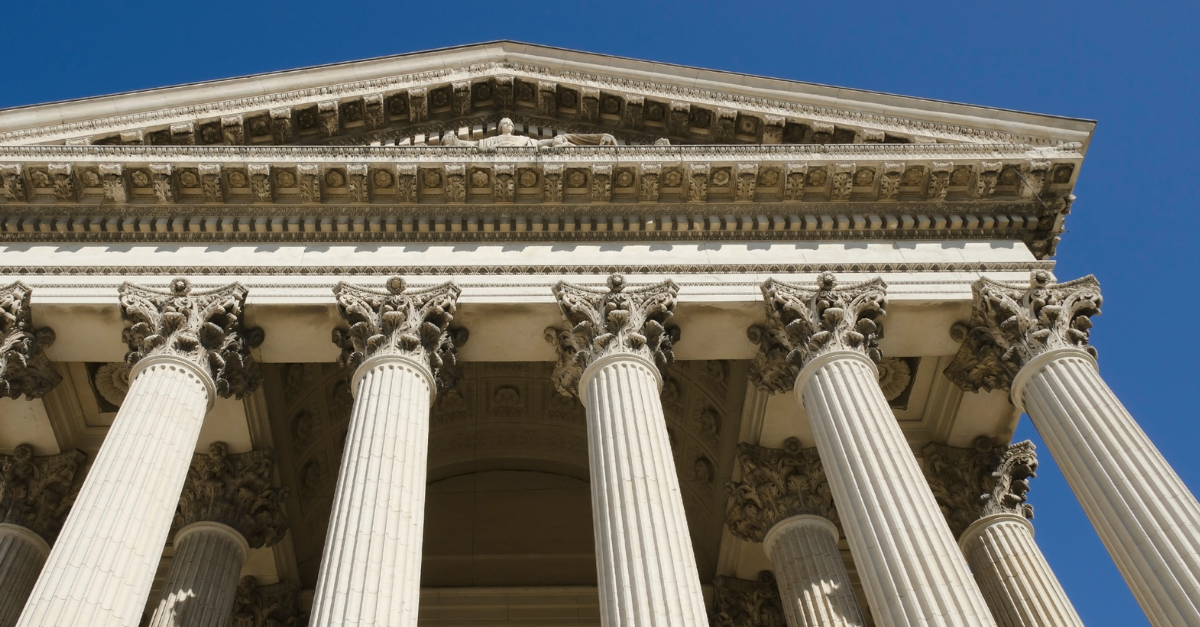NAWL Joins 4th Circuit Amicus Brief in Support of Student Sexual Assault Survivor
On April 22, 2021, NAWL, along with the National Women's Law Center, our law firm partner Sidley Austin LLP and 50 other organizations, submitted an amicus brief to the Fourth Circuit in B.R. v. F.S.C.B. in support of a student sexual assault survivor.
B.R. was 12 years old when she was repeatedly raped, tortured, and threatened with death by her middle school classmates. Although B.R. begged school officials to help her, they ignored her and even blamed her for her own mistreatment.
Shortly before B.R. turned 20, she filed a lawsuit under the pseudonym “Jane Doe” against her school district and former classmates, alleging violations of Title IX and other laws. The school district responded that B.R. was required to file her Title IX lawsuit within two years of her eighteenth birthday. And even though B.R. did file her lawsuit within that period, the school district argued that her case must still be thrown out because she didn’t also get permission to use a pseudonym before she first filed her case.
A federal district court in Virginia sided with B.R., allowing her to continue her lawsuit against her school using her initials. The court agreed with the school district that B.R. didn’t follow the process for using a pseudonym but decided that her case shouldn’t be thrown out based on this procedural technicality. The school district is now appealing this decision to the Fourth Circuit.
Our brief points out that survivors—especially younger survivors—already face many barriers to reporting sexual abuse and that having the option to use a pseudonym is critical to their ability to seek justice through the courts.
Sexual harassment affects far too many students, but the vast majority do not come forward. In grades 7-12, 56% of girls and 40% of boys are sexually harassed in a given school year, but less than 10% of them tell a teacher, guidance counselor, or other adult at school about it. More than one in five girls ages 14-18 are kissed or touched without their consent, but only 2% of them tell their school.
There are so many reasons why most student survivors—especially those who were sexually assaulted as children—don’t come forward. In addition to feelings of shame, self-blame, and physical and mental trauma, many survivors are afraid of not being believed, facing retaliation by their abuser and peers, or getting in trouble with school administrators. And when they do come forward publicly, they often face further victimization and retaliation that can make the underlying trauma worse.
This is why being able to use a pseudonym is so essential for survivors. Pseudonyms allow survivors to challenge the abuse they endured in court while giving them greater privacy, safety, and ability to heal. This is especially important to student victims today, given the risk of information going viral on social media or having Google search results that follow them for the rest of their lives. Survivors should never have to choose between protecting their privacy or seeking justice. And courts should not let unwritten procedural technicalities bar civil rights cases.
Our brief also explains that B.R.’s school district is wrong about the law. First, even though B.R. didn’t ask for permission before using a pseudonym, the Supreme Court has ruled that these types of procedural technicalities should not result in lawsuits being dismissed. Second, Virginia’s timeframe for filing any kind of lawsuit about sexual assault against children is 20 years, not 2 years. So, either way, B.R.’s case must be allowed to continue.
Supporting B.R. through this brief is just one of the ways NWLC is fighting for survivors’ rights during Sexual Assault Awareness Month. Check out our Survivor Champion Stories, which centers Black, Indigenous, people of color, trans and nonbinary survivors and advocates who have traditionally been left out of the conversation on survivor justice.re. To edit this text, click on it and delete this default text and start typing your own or paste your own from a different source.
You can find the brief and updates here.





